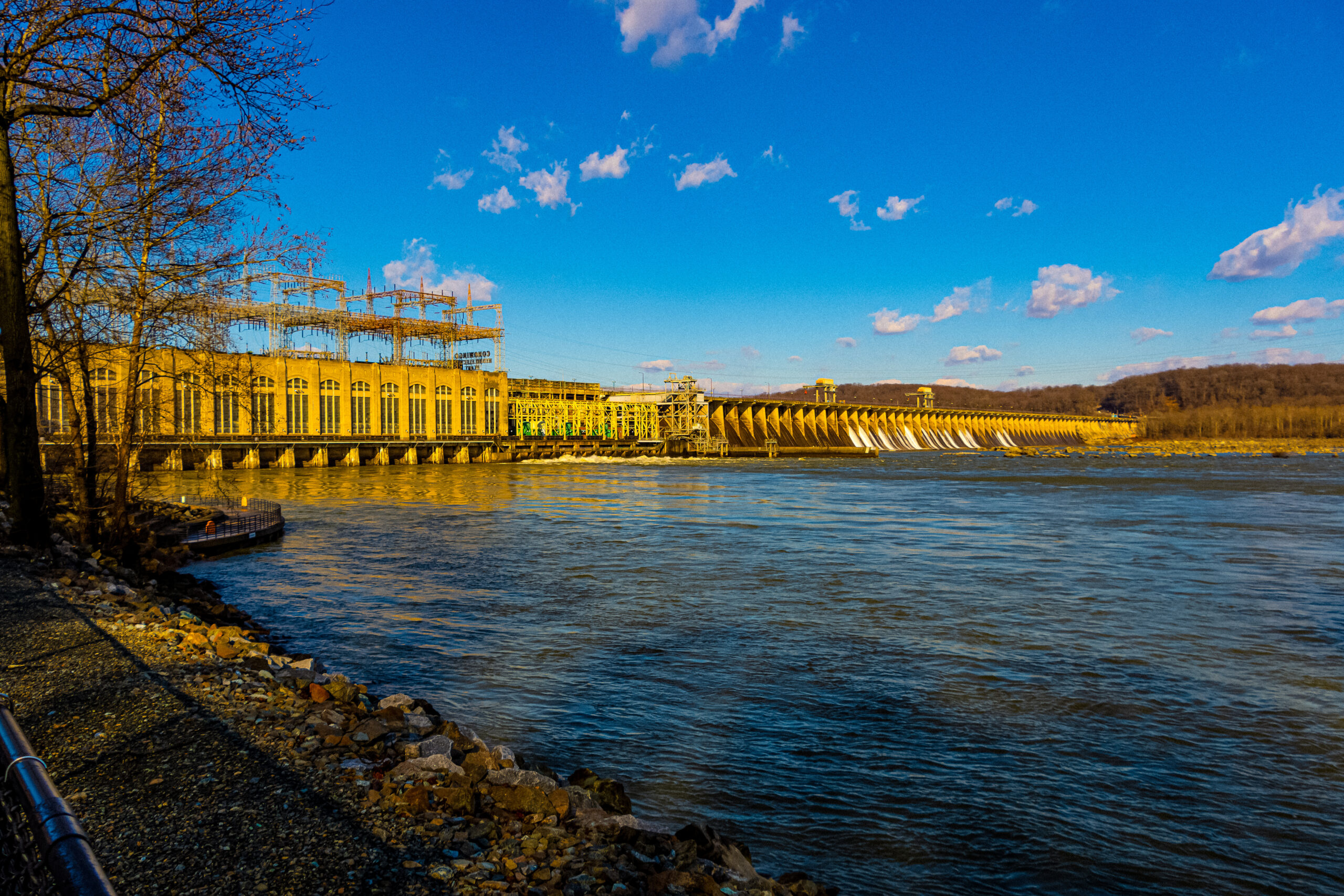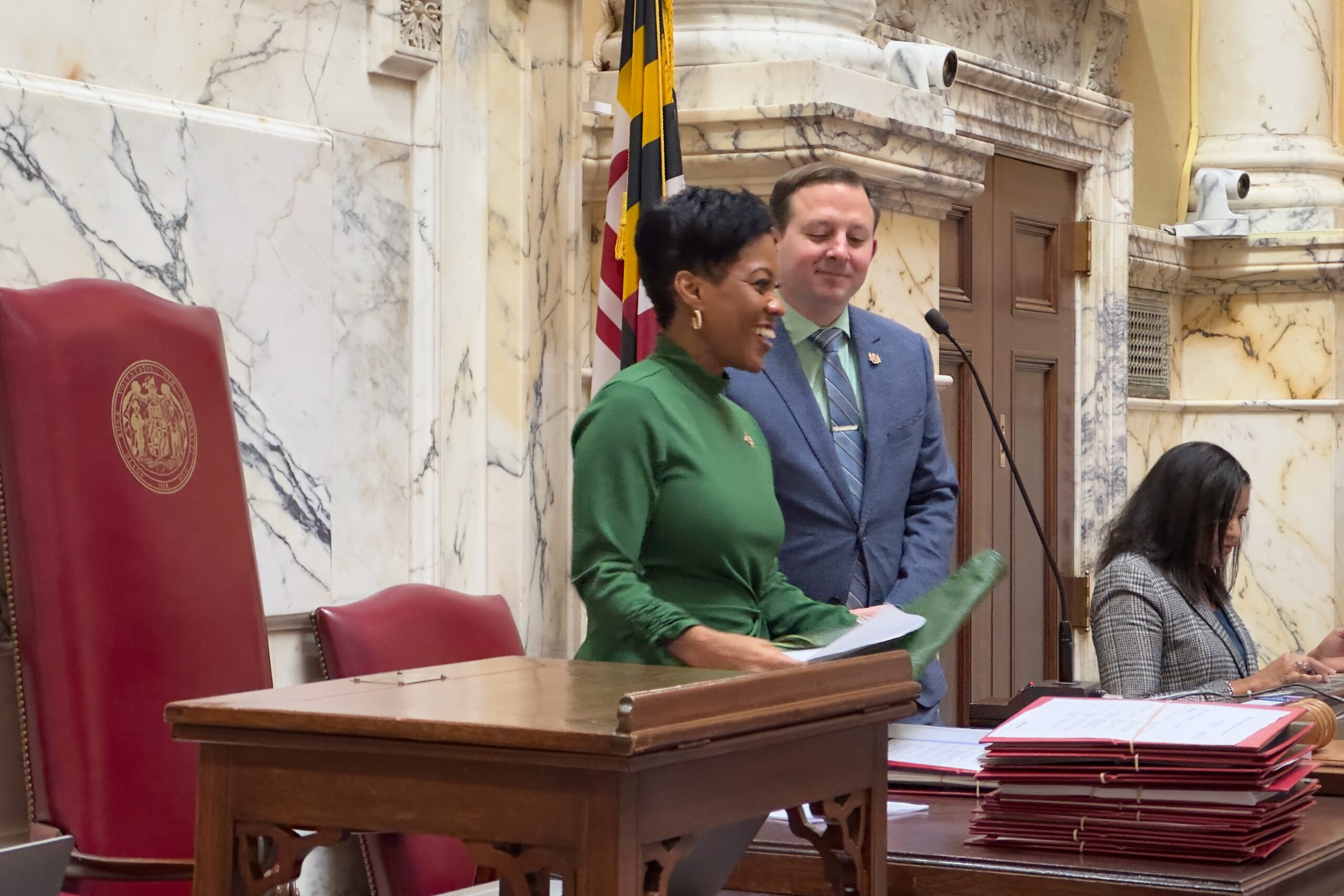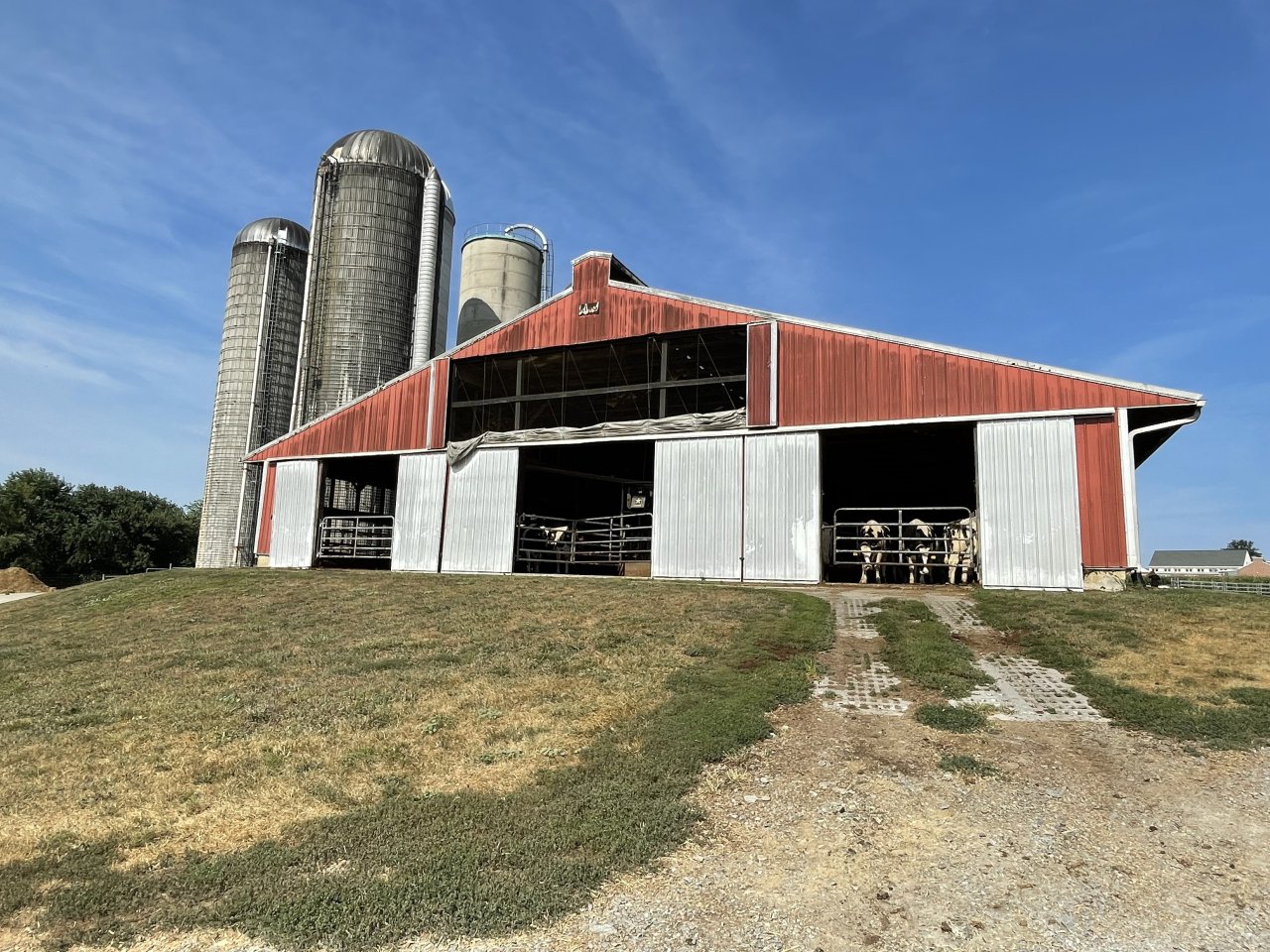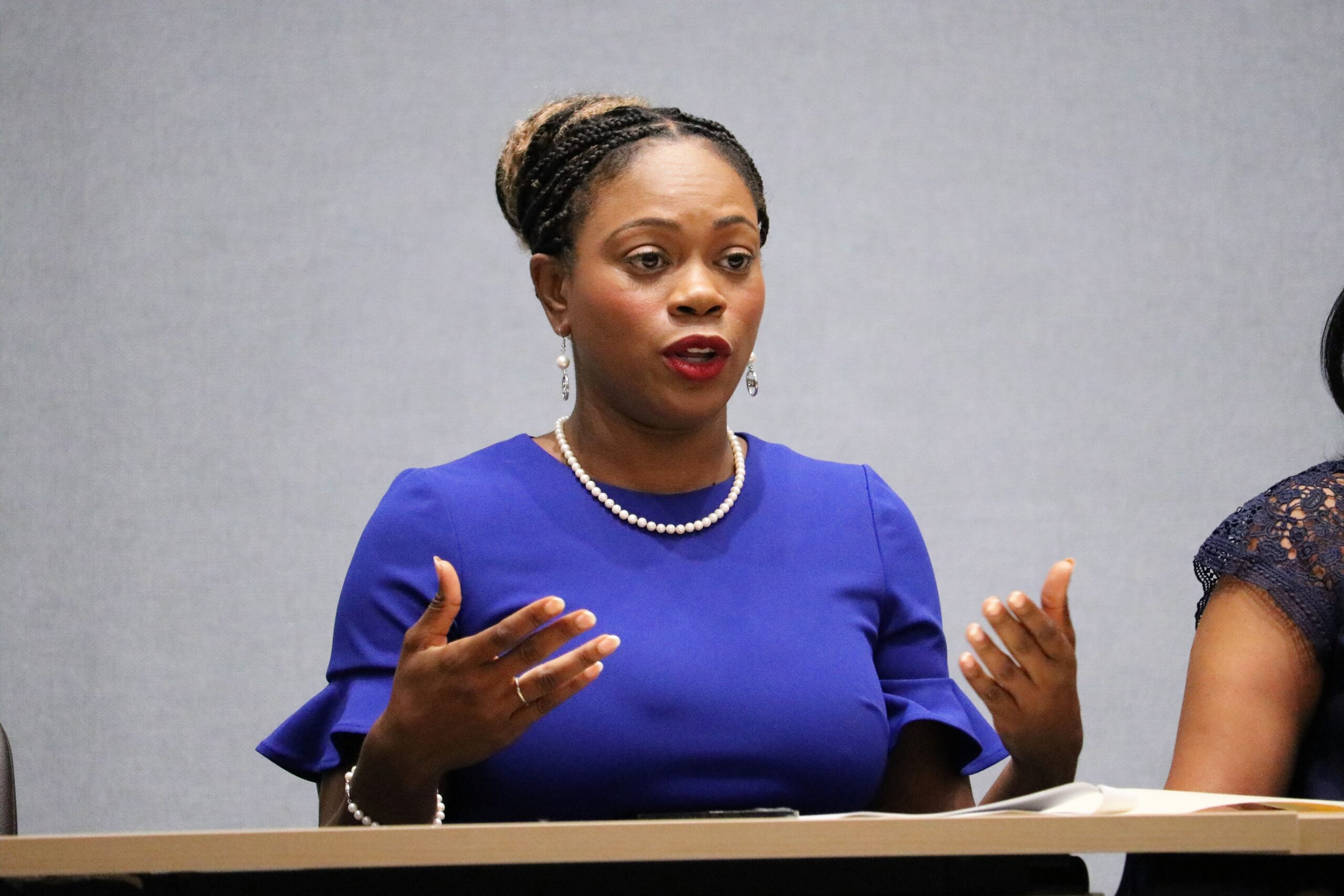Settlement finalized in lawsuit that challenged enforcement of limits to Chesapeake Bay pollution from Pennsylvania

A settlement agreement has been finalized in a lawsuit that alleged federal officials weren’t doing enough to stop Chesapeake Bay pollution originating in Pennsylvania.
The U.S. Environmental Protection Agency, environmental groups and state governments filed a notice in U.S. District Court on Wednesday, dismissing the 2020 lawsuit.
In April, the EPA published a tentative settlement agreement for public comment.
The settlement would end two separate lawsuits filed against EPA during the Trump administration — one from the Chesapeake Bay Foundation and several other groups, including Anne Arundel County, the other from the attorneys general of Maryland, Virginia, Delaware and the District of Columbia. The suits accused EPA of failing to enforce provisions of the Clean Water Act by not requiring Pennsylvania to develop a plan to fully meet pollution reduction goals for the Bay set several years earlier in a multi-state compact with the federal government. The suits also noted that EPA did not use its mechanisms for penalizing states like Pennsylvania that did not meet their pollution reduction goals or for requiring the states to earmark sufficient funding for Bay cleanup.
The settlement requires EPA to, among other things, look for ways to reduce pollution from agriculture in Pennsylvania — the state’s biggest source of pollution – and stormwater runoff. As part of the settlement, EPA also commits to increase compliance and enforcement efforts.
Under the settlement, EPA will prioritize efforts in Pennsylvania on the counties that contribute the most pollution to, or have the largest impact on, local rivers and streams: Lancaster, York, Bedford, Cumberland, Centre, Franklin, and Lebanon.
Key parts of the settlement would require the EPA to monitor farms near water sources that are not currently required to have federal permits for compliance history and to see if there is significant damage to water quality from manure. If the EPA determines that a farm is a significant polluter, the agency will confer with Pennsylvania about designating the farm as subject to permitting.
The EPA will also increase compliance in the priority counties to assess whether pollution sources are adhering to federal permit limits and whether existing state discharge permits need to be updated to bring limits up to a higher standard.
In urban and suburban areas, the EPA will focus on reducing polluted stormwater runoff by reviewing possible pollution sources and solutions, including potential removal of impervious surfaces.
“This settlement addresses some of the most severe agricultural pollution problems by targeting efforts toward Pennsylvania counties where the need is greatest,” Chesapeake Bay Foundation President and CEO Hilary Harp Falk said in a Wednesday statement. “…We look forward to working with EPA, Pennsylvania’s farming community, conservation organizations, and government officials as the Commonwealth, and all the states, seek to fulfill their commitments to clean water.”
During the Obama administration, EPA reached an agreement with all the states in the Chesapeake Bay watershed — Maryland, Virginia, Pennsylvania, Delaware, New York, West Virginia and the District of Columbia — to reduce the “total maximum daily load” of pollution in the Bay. Each state was given specific targets to meet by 2025.
Last fall, EPA leaders tacitly conceded that most states would fall short of their goals, and regional leaders now say that 2025 is “a deadline but not the finish line.” But Pennsylvania, by the account of the federal government and neighboring states, has consistently lagged behind.




 Creative Commons Attribution
Creative Commons Attribution